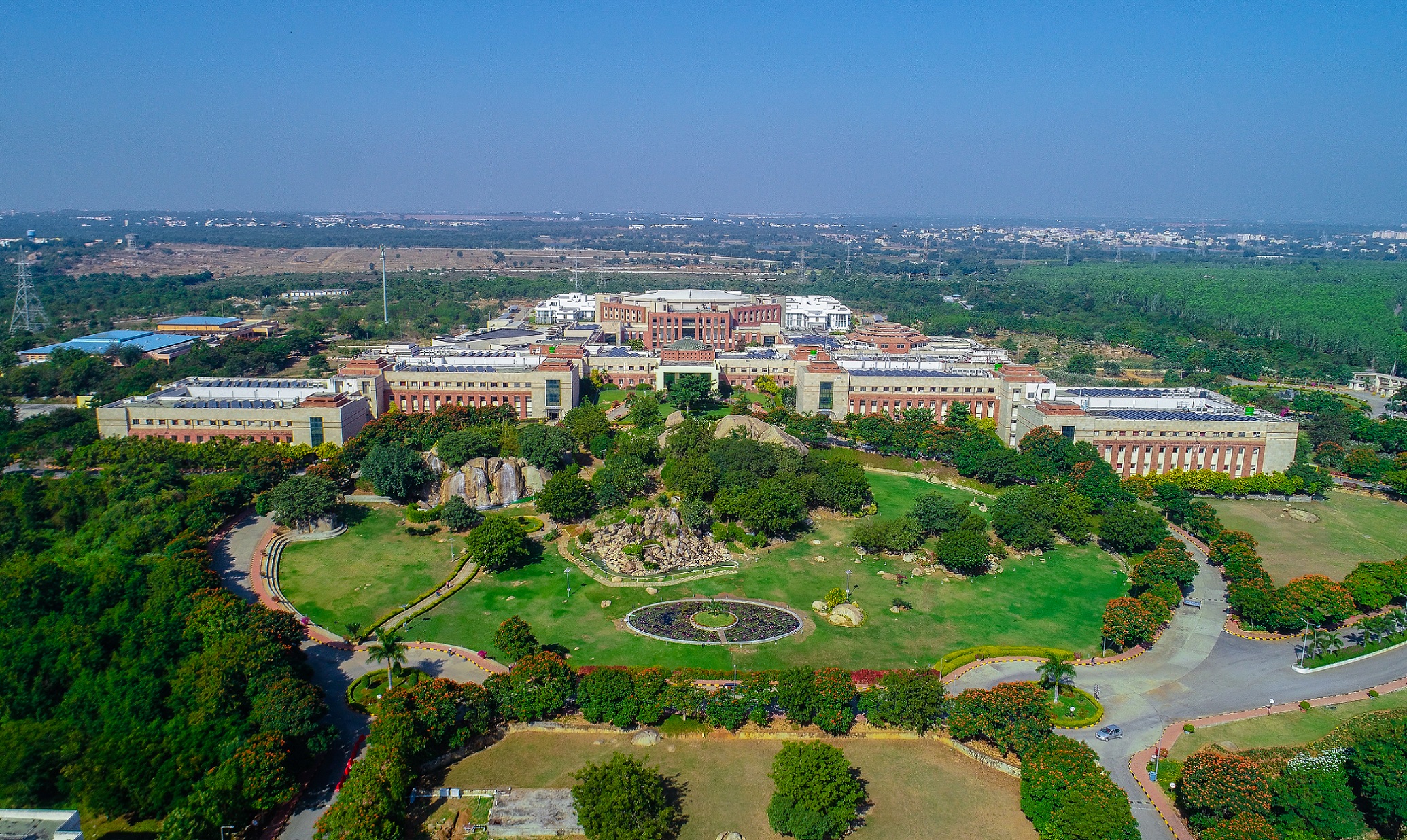London: The UK is a leading destination for international students. However, recently, due to Brexit impact and some visa-related issues for specific countries, the UK is losing shine as a favourite destination for overseas students.
QS World University Rankings 2018 reflects that the majority of the UK’s higher education institutions have proved unable to avoid further decline after last year’s regressive performance. 76 UK institutions are ranked this year, 51 of whom record drops. The University of Cambridge falls one place to 5th, while 11 of the 16 ranked Russell Group institutions see downward movements.
However, there is evidence that employers have become increasingly willing to hire graduates from UK universities in the year since the nation voted to leave the European Union. 43 of the UK’s 76 universities record improved scores for QS’s Employer Reputation metric. This follows January’s QS Best Student Cities ranking, in which QS noted that a number of UK cities were receiving better Employer Activity scores.
The UK remains home to four of the world’s ten best universities. The Universities of Cambridge and Oxford rank 5th and 6th respectively. University College London (UCL) remains 7th while Imperial College London rises one place to 8th.
The London School of Economics rises two places to 35th. Meanwhile, King’s College London (23rd) and the University of Edinburgh (23rd) remain in the global top 30, but both record minor drops this year.
Nick Hillman, Director of the Higher Education Policy Institute, said: “The competitiveness of UK universities has been affected by austerity. In particular, tuition fees have been frozen for five years and research funding has not grown as fast as in some other countries. So the latest QS rankings should give policymakers pause for thought. The various political parties have offered very different higher education policies at today’s general election. Whoever wins will need to work hard if UK universities are to regain their previous position.”
Ben Sowter, Head of Research at QS, said: “Though the temptation may be to attribute the UK’s second year of struggle to Brexit, we would warn against doing so. Much of the data we collect for these tables has been collected over a five-year period, and the first year of post-Brexit internationalisation scores suggests that there has, thus far, been a minimal impact on international student and faculty rates at UK institutions.”
QS Quacquarelli Symonds, global education analysts, have today released the fourteenth edition of their flagship QS World University Rankings, the most popular of their kind on 08 June 2017. This year’s table provides the definitive guide to the world’s 959 top universities. Massachusetts Institute of Technology has been named the world’s leading university for a record sixth consecutive year.
| QS World University Rankings 2018: UK Overview | ||
| 2018 | 2017 | Institution Name |
| 5 | 4 | UNIVERSITY OF CAMBRIDGE |
| 6 | 6 | UNIVERSITY OF OXFORD |
| 7 | 7 | UCL (UNIVERSITY COLLEGE LONDON) |
| 8 | 9 | IMPERIAL COLLEGE LONDON |
| 23= | 21 | KING’S COLLEGE LONDON (KCL) |
| 23= | 19 | UNIVERSITY OF EDINBURGH |
| 34 | 29 | THE UNIVERSITY OF MANCHESTER |
| 35 | 37= | LONDON SCHOOL OF ECONOMICS AND POLITICAL SCIENCE (LSE) |
| 44 | 41 | UNIVERSITY OF BRISTOL |
| 57 | 51= | THE UNIVERSITY OF WARWICK |
| 65 | 63= | UNIVERSITY OF GLASGOW |
| 78= | 74 | DURHAM UNIVERSITY |
| 82= | 84 | THE UNIVERSITY OF SHEFFIELD |
| 84= | 75= | THE UNIVERSITY OF NOTTINGHAM |
| 84= | 82 | UNIVERSITY OF BIRMINGHAM |
| 92 | 77 | UNIVERSITY OF ST ANDREWS |
| 101 | 93 | UNIVERSITY OF LEEDS |
| 102= | 87 | UNIVERSITY OF SOUTHAMPTON |
| 127 | 123= | QUEEN MARY UNIVERSITY OF LONDON (QMUL) |
| 135= | 129 | LANCASTER UNIVERSITY |
| 135= | 127 | UNIVERSITY OF YORK |
| 137= | 140 | CARDIFF UNIVERSITY |
| 158= | 141= | UNIVERSITY OF ABERDEEN |
| 158= | 164= | UNIVERSITY OF EXETER |
| 160 | 159 | UNIVERSITY OF BATH |
| 161= | 168 | NEWCASTLE UNIVERSITY |
| 173= | 157 | UNIVERSITY OF LIVERPOOL |
| 188= | 175 | UNIVERSITY OF READING |
|
Source: QS Quacquarelli Symonds 2004-2018 www.TopUniversities.com |
||








